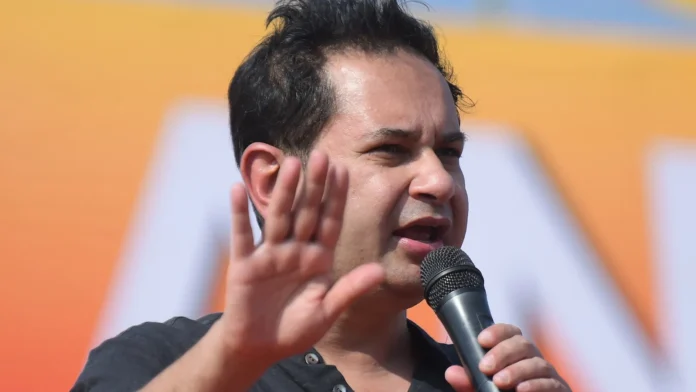Pradyot Kishore Manikya Debbarma, the founder and former chairman of Tipra Motha, has emerged as a prominent voice in Tripura, denouncing what he perceives as misleading claims surrounding the Citizenship Amendment Act (CAA). In recent statements, Debbarma has voiced concern over the dissemination of misinformation targeting indigenous youth in the state.
The Citizenship Amendment Act, passed in December 2019, aims to provide expedited Indian citizenship to persecuted minorities from neighboring countries, including Hindus, Sikhs, Buddhists, Jains, Parsis, and Christians, who entered India before December 31, 2014. However, critics argue that the Act discriminates against Muslims and undermines the secular fabric of the Indian Constitution.
Debbarma’s remarks come amidst ongoing debates and protests surrounding the contentious legislation. He has taken a firm stance against what he perceives as attempts to misguide indigenous communities regarding the CAA’s implications. Debbarma emphasizes the importance of accurate information and educated discourse on such crucial matters, particularly concerning indigenous rights and identity.
As a prominent figure in Tripura’s political landscape, Debbarma’s statements carry weight and influence, especially within indigenous communities. His denunciation of misleading claims on the CAA reflects broader concerns about the potential impact of the legislation on marginalized groups, including indigenous tribes in the region.
The issue of citizenship and immigration has long been a contentious topic in Tripura, a state with a complex demographic landscape and a history of ethnic tensions. The CAA has reignited debates surrounding identity, belonging, and political representation, with various stakeholders expressing divergent views on its ramifications.
Debbarma’s efforts to counter misinformation and promote informed dialogue on the CAA underscore the need for transparency and inclusivity in policy discussions. By challenging misleading narratives and advocating for greater awareness, he seeks to empower indigenous youth with accurate information to make informed decisions about their future.
In response to Debbarma’s statements, there has been a renewed focus on engaging indigenous communities in discussions about their rights and aspirations. Efforts to address concerns and build consensus on contentious issues like the CAA are essential for fostering social cohesion and ensuring that diverse voices are heard and respected in Tripura’s political landscape.




